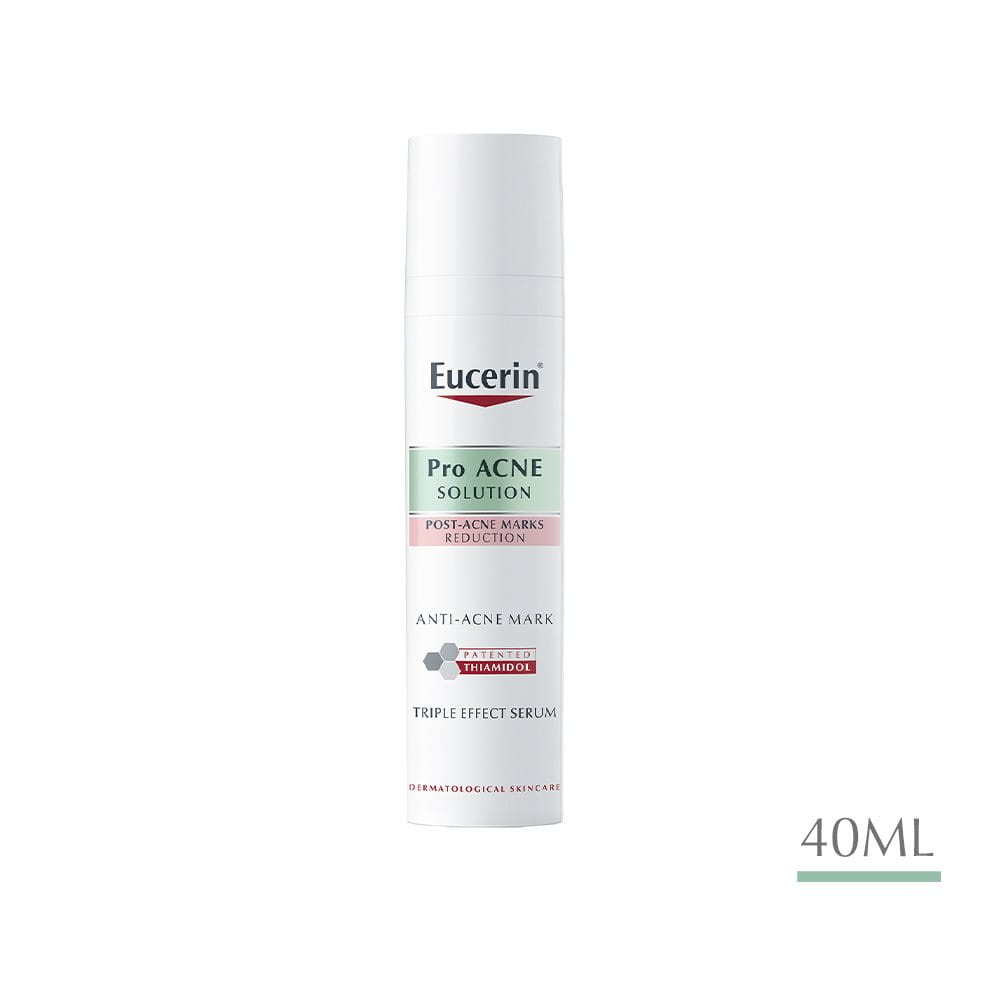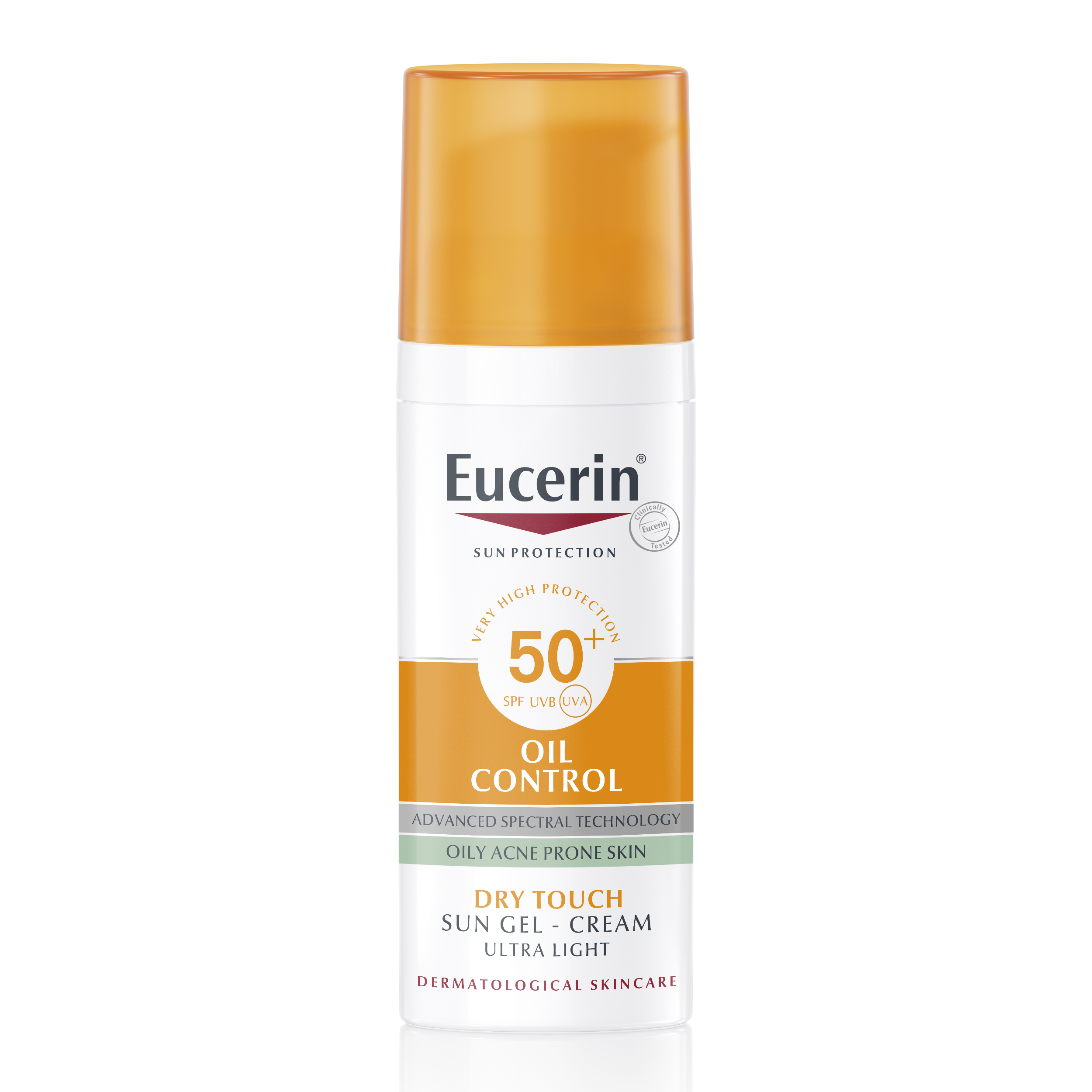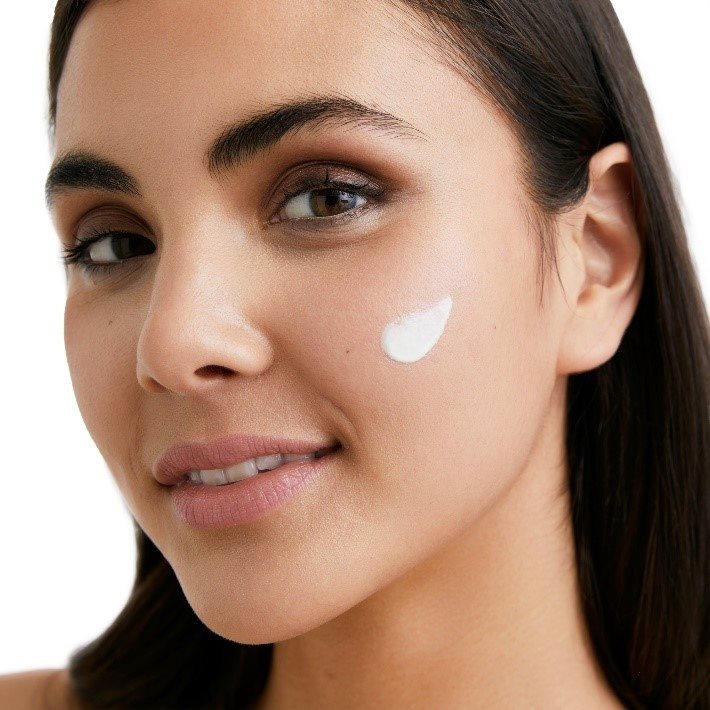Despite the availability of non-medicinal treatments for mild cases of acne, one product that many avoid is sunscreen. This is because the idea of applying any formula that seemingly blocks the skin’s pores leads them into thinking it would worsen the problem.
Users also complain that the heavy texture of some sunscreen products feel uncomfortable on their oily skin and irritate it further.
However, all dermatologists stress that sun protection is vital, especially for acne-prone skin, as UV radiation exacerbates the causes and triggers of acne.
Here’s how:
1. The sun dries out the skin, and on the other hand oily and acne-prone skin can’t sustain without moisture. Over-exposure to the sun prompts the skin’s sebaceous glands into producing excess sebum, which in turn makes it oily and irritates the skin. This is one of the reasons the skin breaks out into blemishes.
2. When skin dries out, it is also cornifys or keratinized. This means that the cells on the skin’s surface harden. As a result, the natural process by which dead skin cells are shed is interrupted, preventing sebum to drain from the pores. This causes comedones, which are bumps on the skin caused by blocked hair follicles filled with oil, dead skin cells and even bacteria.
3. When you’re out in the sun, and it’s warm, you sweat, and that sweat on the face is the perfect environment for the bacteria that causes acne – P.acnes.
4. Sunlight also triggers a type of acne called Acne Aestivalis or Mallorcan Acne). This happens when UVA rays combine with the chemicals in certain skincare and sun protection products and trigger an allergic reaction.
5. Too much sun, and using the wrong sunscreen, also causes pigmentation, and people with acne are particularly prone to hyperpigmentation.
In addition to these, peeling products and many medications make skin more sensitive to light, and excessive sunlight can increase the risk of pigmentation issues and scarring.
This should not be a reason to avoid sunshine as it is an important part of a healthy lifestyle as a source of Vitamin D.
The key is to enjoy sunshine in moderation by avoiding the peak sunlight hours between 11am and 4pm, and in protecting your skin with an appropriate sunscreen.
The active ingredients in sunscreen work by protecting the skin’s cells from the sun’s ultraviolet radiation. This includes UVB rays (which causes burning) and UVA rays (which causes photoageing).
Sun protection uses either chemical or physical active ingredients to protect your skin against these rays. Sunscreens made with chemical active ingredients work by absorbing UV light, while physical sunscreens work by reflecting UV light off skin. Many sunscreens use a combination of both.







